Retro Replay Review
Gameplay
Star Trek: Borg places you directly in the shoes of a Starfleet Cadet, thrust into the action from the very first scene. Rather than relying on traditional controllers or keyboard commands, every decision and interaction is handled through intuitive mouse clicks. As you navigate through the interactive movie, you’ll click to make critical choices, solve puzzles, and explore environments in first-person view—creating a seamless blend of storytelling and light puzzle-solving.
(HEY YOU!! We hope you enjoy! We try not to run ads. So basically, this is a very expensive hobby running this site. Please consider joining us for updates, forums, and more. Network w/ us to make some cash or friends while retro gaming, and you can win some free retro games for posting. Okay, carry on 👍)
One of the most compelling aspects of the gameplay is the ability to pause the movie at any moment with a simple left-click. Doing so brings up a tricorder cursor that you can hover over crew members, consoles, or Borg technology to receive narrated background information from Q himself. This mechanic not only enriches the Star Trek lore but also rewards careful observation, encouraging players to engage with every detail on-screen.
Decisions have real consequences in Star Trek: Borg. Armed with foreknowledge of events on Wolf 359, you can choose to intervene at key moments—be it warning an officer of an impending breach or disabling Borg equipment before it threatens the ship. While the interactive movie format limits the range of actions compared to full-fledged adventure games, the branching paths and multiple endings offer genuine replay value for anyone eager to see how different choices reshape the timeline.
Graphics
As an FMV-driven experience, Star Trek: Borg’s visual presentation hinges on pre-recorded footage shot on practical sets. The production design captures the gritty, utilitarian aesthetic of late-24th-century Starfleet vessels, complete with blinking consoles, phaser racks, and stormy views of space. Though the video resolution reflects mid-90s technology, careful lighting and authentic costume work help suspend disbelief and immerse players in the starship environment.
Character models aren’t CGI creations but real actors—most notably John deLancie reprising his role as the enigmatic Q. His on-screen presence elevates every scene he’s in, and the filmmakers leverage close-ups and dynamic camera angles to highlight his charm and mischief. The trade-off for such high production values is occasional video compression artifacts, but these minor blemishes rarely distract from the overall immersion.
The Borg themselves are presented with practical makeup effects and costuming that feel true to the franchise. Their mechanical implants catch the light convincingly, and when the camera cuts to them absorbing technology or rearranging ship systems, the visual tension is palpable. While the graphics won’t rival modern HD or 4K standards, they remain impressive for an interactive movie title and faithfully evoke The Next Generation era.
Story
At its heart, Star Trek: Borg tells a deeply personal tale of loss, duty, and the stubborn hope of changing fate. You begin as a cadet who lost their father during the tragic Battle of Wolf 359. When the Borg threaten to return, Starfleet’s hierarchy forces you to stand down—but an otherworldly intervention from Q offers a second chance. This premise gives every decision emotional heft, because you’re not just saving a ship; you’re fighting to rewrite your own history.
The time-travel narrative unfolds gradually, with Q guiding you onto your father’s bridge as an invisible observer before transporting you into the role of the ship’s security officer. This shift in perspective is handled organically, allowing you to leverage your future knowledge to protect crewmates and outmaneuver the Borg. Along the way, well-timed dialogue and tension-filled interludes underscore the high stakes of meddling with the timeline.
Supporting characters, while not all fully fleshed out, contribute to the urgency and drama. Whether it’s reporting breaches to the XO or racing down corridors to seal airlocks, the dialogue and situational setups feel true to what you’d expect on a Starfleet vessel under siege. The climactic choices—rescue attempts, sabotage missions, or direct confrontations with the Borg—culminate in multiple possible outcomes, each reinforcing the central question: how far would you go to save someone you love?
Overall Experience
Star Trek: Borg offers a unique fusion of interactive cinema and classic puzzle elements that will particularly appeal to hardcore Trek fans and FMV enthusiasts. The reliance on mouse-driven choices means the game is easy to pick up for players of all skill levels, yet the moral and strategic decisions you face keep the engagement level high. Every pause of the action to explore with the tricorder feels like a genuine Starfleet duty.
Acting, set design, and the narrative structure combine to deliver a compact but memorable outing in the Star Trek universe. While the interactivity isn’t as expansive as point-and-click adventures, the strong performances—especially from deLancie—and the authentic production value stand out. Fans looking for a fresh storytelling experiment rather than a traditional action title will find much to appreciate here.
In the end, Star Trek: Borg succeeds as an immersive, choice-driven experience steeped in franchise lore. Its somewhat linear FMV nature may not satisfy those seeking open-world exploration, but for anyone intrigued by time-travel dilemmas, high-stakes rescue missions, and the chance to face down the Borg from the front lines, this interactive movie is a voyage worth taking.
 Retro Replay Retro Replay gaming reviews, news, emulation, geek stuff and more!
Retro Replay Retro Replay gaming reviews, news, emulation, geek stuff and more!

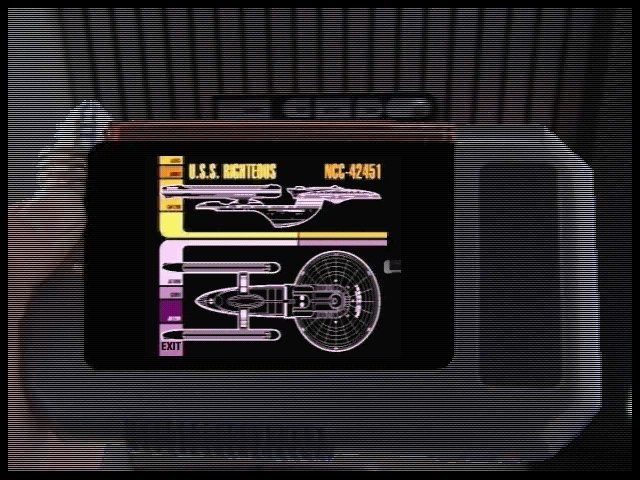
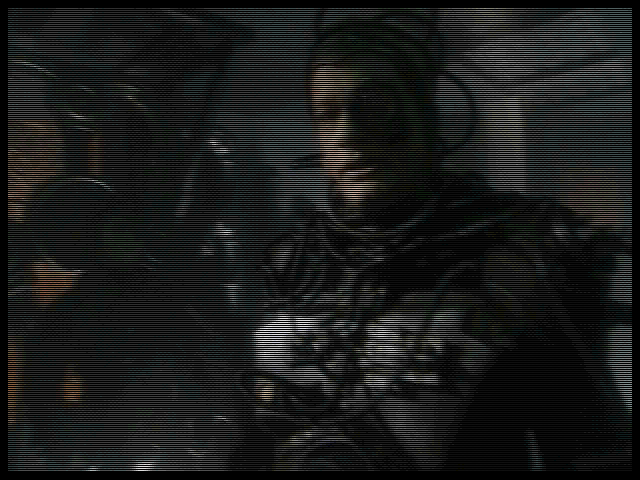
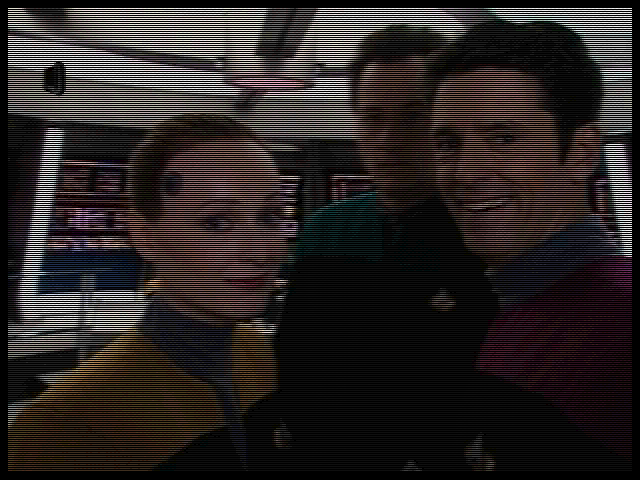
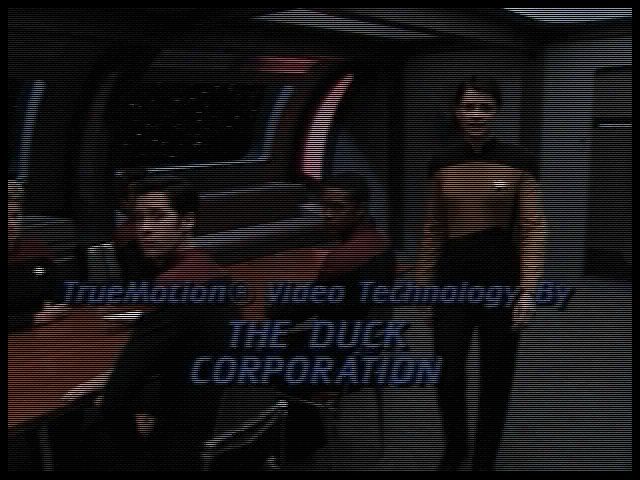


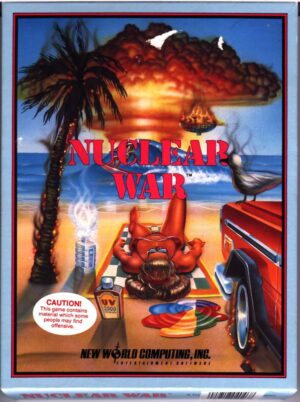

Reviews
There are no reviews yet.